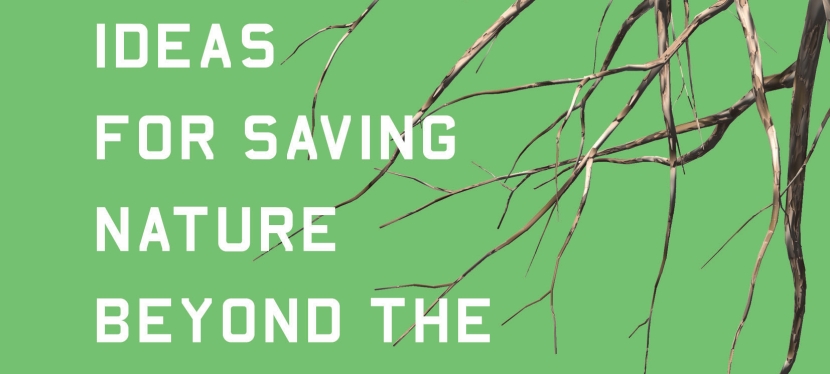
Following the recent publication of our new book The Conservation Revolution: Radical Ideas for Saving Nature beyond the Anthropocene, we have invited a range of readers to respond with their own thoughts on the book and the proposals it advances. These responses are collected below, under this blog post. If you would like to include your own response in this exchange please contact Bram or Rob.
Enjoy!



Thanks to Bram Büscher for guiding me here. I felt the urge to start talking with others about convivial conservation when I was reading the book. I want to write something down but everything I want to say is already not only said but also clearly articulated in the book. The next couple of paragraphs contain my experiences with the book and some re-formulation of what is said in the book. This might read like just a jumble of words. We’ll see. I may even misuse some words, in which case please correct me.
I had felt that capitalistic ways of organizing society and building relations is failing both non-human nature and human nature. What a lot of career-ready college students have to learn about how to relate to others, through what is called “networking,” complete with its specific set of skills and catchphrases, is especially exhausting, and unfulfilling. The book took me through the mechanics through which capitalism (or neoliberalism) drives the rift between humans and their environments, and gradually even between their cultural and natural selves.
It was also empowering to be told that humans are neither apart from or the same as their environments, because humans have the mental capacity to stop and reverse the damages currently being done to all of nature. What is important when addressing the relationship between humans and the rest of nature then, I think, is to adhere to the engagement of ideas, and let them clash and grow organically. The participants need to not over-identify with their ideas, but to first clearly -know- them, even if it takes more time of thinking. Remember that the bad momentum feeds on humans rushing things along.
I’m curious about a lot of things, but not quite yet formulating specific questions. Please share your thoughts.
Thanks!
LikeLike